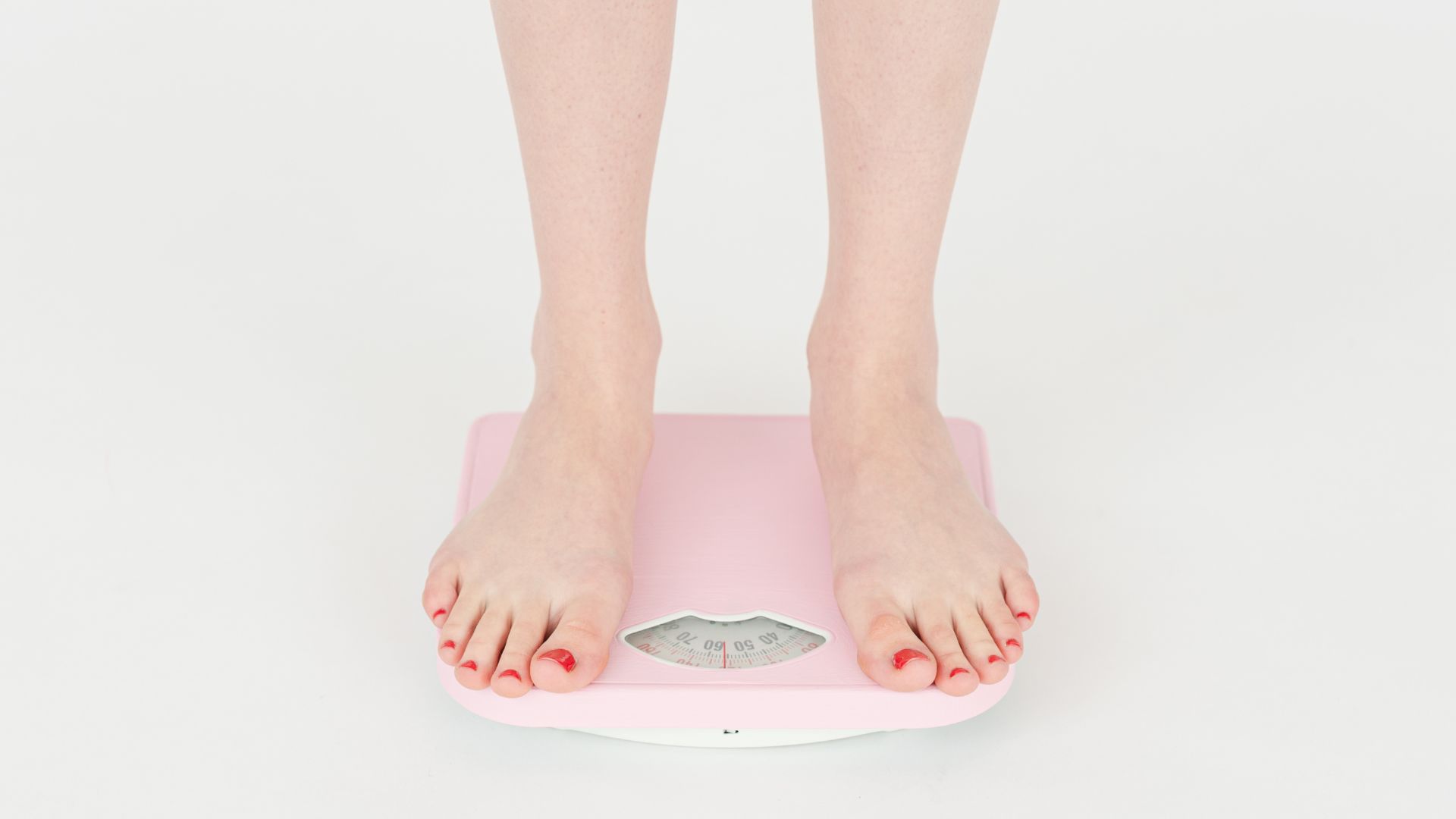Bacteria in our gut could impact our mental balance and especially the likelihood of suffering from depression, according to a study released Monday. The research, however, does not demonstrate a causal link.
A team of Belgian researchers analyzed the stool samples of more than 1000 volunteers and found that two families of bacteria were consistently fewer in depressed people, including those on antidepressant treatment.
The study of a control population of 1000 Dutch validated these findings of a statistical link between the number of certain bacteria and the level of well-being and mental health, explains the article published in the scientific journal “Nature Microbiology “.
The study does not show a cause-and-effect relationship, emphasizes Jeroen Raes, one of the lead authors. He added that the understanding of the links between gut and brain is just starting.
“Intriguing” idea
The families of bacteria concerned, Coprococcus and Dialister, are known to have anti-inflammatory properties. However, “it is known that nerve tissue inflammation plays an important role in depression. So, our hypothesis is that the two are linked in one way or another, ” said the professor of microbiology at KU Leuven University.
“The idea that substances from microbial metabolism can interact with our brain – and therefore with our behavior and feelings – is intriguing,” says Raes.
“So far, most of the studies have been on mice or a small number of people, and the results have been mixed and contradictory,” he said.
300 million people worldwide suffer from depression, according to the World Health Organization. Sometimes called a “silent epidemic”, this pathology is one of the main causes of the 800,000 suicides identified each year.
Antidepressants are currently among the most prescribed medications in many countries, but this research could pave the way for new types of treatment for this disease, says Raes.








